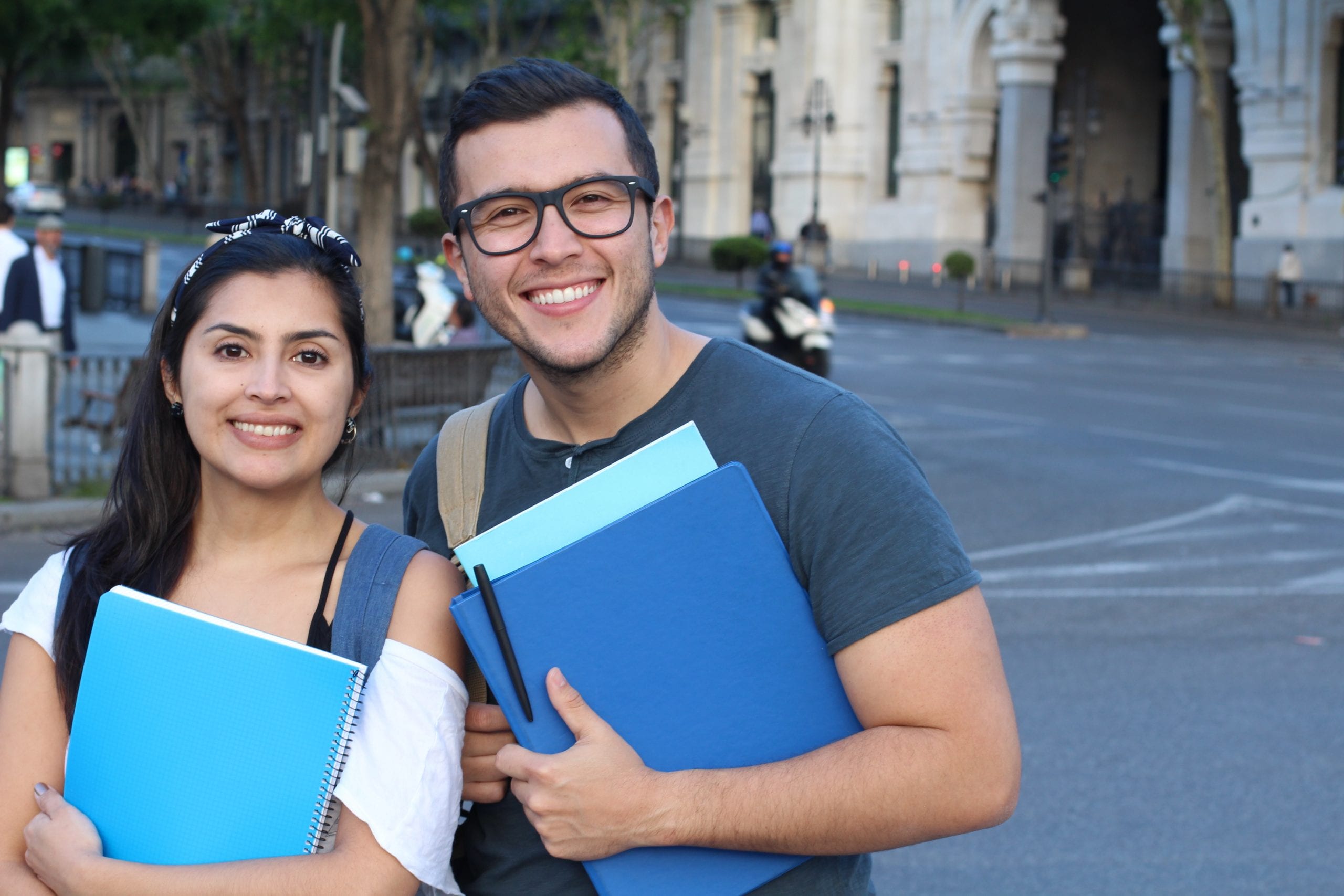
People generally want to study abroad as they wish to get better and privileged education opportunities which will enhance their knowledge and career prospects. Some people even choose to study abroad in order to learn a language from native speakers. Still others may study abroad in order to explore topics within the framework of a different educational environment. The length of abroad studies can range from one week, usually during a domestic break, to an academic year.
Why study abroad
- One of the most common reasons why people study abroad is language immersion. Students who want to learn a language will go to a school in the country where that language is spoken, the theory being that immersion into an environment where a particular language is spoken is the best way to learn the language.
- It could be as simple as choosing to study abroad due to the desire to travel. For many, college is the ideal time to travel, because they don’t have full adult responsibilities yet, and they can take advantage of the option of studying in a different country.
- Another popular reason to study abroad is the desire to gain an understanding of the world around them. The ability for students to go to a different part of the world and undergo complete submergence into another culture teaches them invaluable lessons about the diversity and complexity of the world, as well as important lessons about themselves.
- Many people also study abroad in an effort to expand their opportunities beyond those their home university offers. Strategically, studying abroad offers many exciting benefits from high school students hoping to get into a prestigious university, to college learners pursuing reputable post graduate schools or professions. It may lead to scholarships, grants, and job opportunities to leading institutions or employment.
Though requirements vary by institution, several steps must be taken in order to study abroad:
- The first step is to identify a program of interest. Application procedures differ between programs. Students wishing to study abroad must also obtain the necessary travel documents. Documents include a passport, visa, and often certain medical releases. Obtaining visas can be a time consuming process involving lots of paperwork. It is best to begin the visa process well in advance to avoid delays and problems.
- Students may also have to make their own lodging arrangements. Some schools maintain residences in foreign countries or at host universities. Other programs may require a student to afford his or her own accommodations.
- Arranging for a place to live in a foreign country can be difficult due to problems such as language barriers, students’ inability to see apartments in person, and differing procedures regarding contracts, deposits, and payments. However, the internet makes remote apartment finding easier, and is thus a good place to start. Advice from other students who have previously studied in similar locations is also very useful.
- Another important step is to learn about the destination, in order to be aware of any potentially jolting differences. Thus, many study abroad programs include compulsory orientation sessions for students that address many of the possible difficulties that will be faced while the students are abroad.
For a tension and hassle free study abroad you need to do a lot of research well in advance and be aware of the various issues so that you have a pleasant time ahead.
